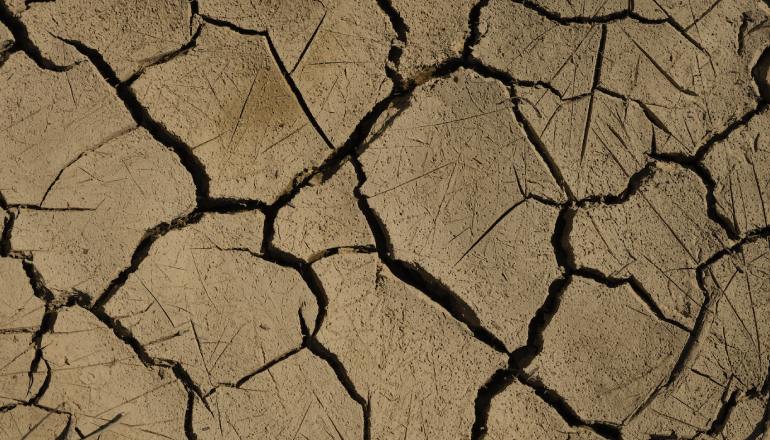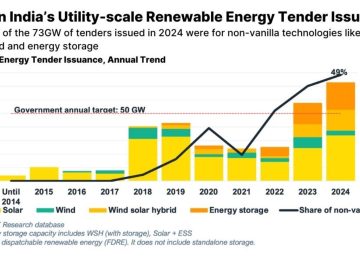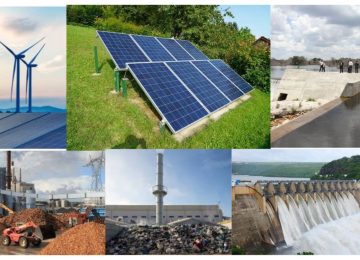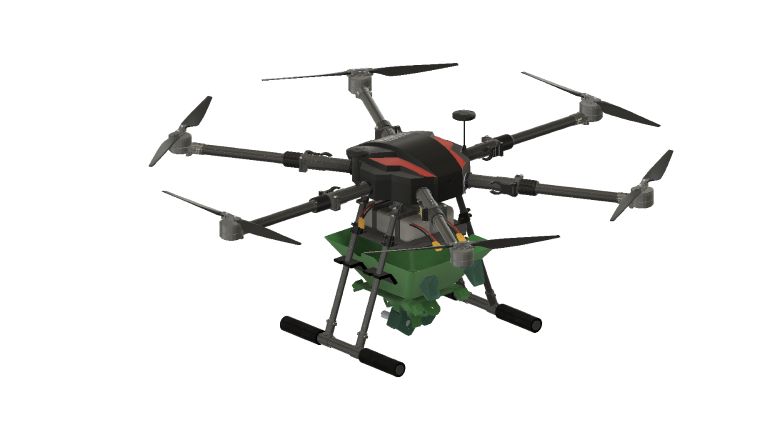Indian, Ukranian, and Kenyan farmers are the most concerned about climate change, a new survey reveals.
Globally, more than 70% of farmers have seen large impacts of climate change on their farms, the global research across 8 countries states.
Demographic spotlight:
The importance of fertilizer costs becomes most apparent in Kenya, India, and Ukraine.
India:
Indian smallholder farmers are focused on mitigating risk. In addition to the global survey, Bayer interviewed 2,056 Indian smallholder farmers from its customer base.
Challenges:
Currently, the biggest challenges for Indian farmers are high labor and fertilizer costs. They are also impacted by climate change.
• 42 % farmers expect reduced crop yields
• 31 % expect higher pest pressures because of changing weather
Unlike commercial and large-scale growers, the smallholders interviewed in India are focused on mitigating risks, prioritizing financial security through insurance (26%) and infrastructure (21%).
When asked about the future, 60% said they would benefit most from access to digital technologies and modern crop protection.
Despite all the challenges, Indian smallholders remain optimistic as 8 in every 10 farmers feel positive about the future of farming.
Ukraine:
In Ukraine, 70% of farmers named fertilizer costs as one of the top three challenges. The authors drew parallels with the concrete materialized consequences a war can impose on farmers in the country.
Highlights:
• Forty percent named general disruption due to war and conflict as a top challenge.
• More than three-quarters (77%) state that climate change has already largely impacted their farm
• More than 80% are already taking or planning to take steps to directly apply measures to reduce greenhouse gases.
• 43 % are either using (or intend to) cover crops by using renewable energy or biofuels (37%).
• The farmers are also using innovative seeds to reduce fertilizer or crop protection use (33%)
• Alongside this, every farmer claims to already apply or plans to apply measures to help biodiversity
• Over half (54%) say they already apply measures to protect insects, such as insect hotels, or plan to do so in the next three years
• Over half (53%) say access to seeds and traits designed to better cope with extreme weather would most benefit their farm
• 50% called for better crop protection technology
• 42% said that better access to irrigation technology would benefit their farm
Looking at their practices, improving efficient land use, diversifying crops, and better soil health were ranked as the most important routes to success, the authors said in the survey.
Global highlights:
According to the survey titled: Farmer Voice, 71% of farmers say that climate change already has a large impact on their farm, and even more are worried about the impact this will have in the future.
Three-quarters of farmers globally (76%) are worried about the impact that climate change will have on their farm, with farmers in Kenya and India most concerned, the authors noted in the survey report.
• Climate impacts estimated to have reduced farmer incomes by 15.7% on average over the past two years
• Most pressing short-term challenges dominated by economic uncertainty and cost concerns
• 73% farmers have experienced increasing pest and disease pressure
• One in six farmers identified income losses of over 25% during this period
• Four in 5 farmers have already taken or plan to take steps to reduce greenhouse gas emissions
Life science company Bayer commissioned Kekst CNC, an independent agency to interview 800 farmers globally. These included large and small farmers from Australia, Brazil, China, Germany, India, Kenya, Ukraine, and the United States in equal numbers.
Farmers expect the repercussions of climate change to continue, said Rodrigo Santos, Member of the Board of Management, Bayer AG; and President, Crop Science Division.
Challenges:
While climate change is a dominant overarching theme, economic challenges are the biggest priority over the next three years.
Over half (55%) of farmers placed fertilizer costs among the top three challenges. This was followed by energy costs (47%), price and income volatility (37%), and the cost of crop protection (36%).
Farmers around the world largely share a common view about the challenges of today and the prospects for the future. While there are slight differences between countries, the overarching issues of climate change and economic pressures are of similar concern to all.
Farmers are facing multiple and related challenges. “But despite this, we found that they are hopeful – almost three-
quarters say they feel positive about the future of farming in their country,” Mr. Santos said.
“Farmers are already experiencing the adverse effects of climate change on their fields, and at the same time, they play a key role in tackling this huge challenge. The losses reported in this survey make the direct threat climate change poses to global food security crystal clear. In the face of a growing world population, the results must be a catalyst for efforts to make agriculture regenerative,” he said.











